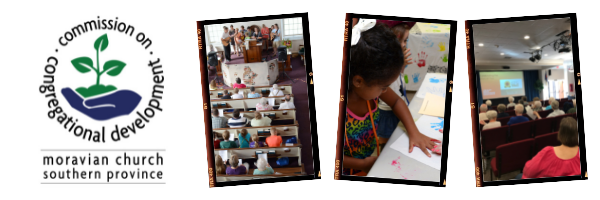Financial Stewardship – Some Suggestions and Playbook for Financial Security (May 2023)
Conducting an annual assessment of the health of the financial stewardship in your congregation is important. This helps when challenges over budgeting draw away focus from doing God’s work. As churches change with growth, shrinkage, changing environment and needs for their congregation and aging facilities, we offer this simple method for annual assessment.
1st Quarter – Take a close look at your budget.
- Look at items that have changed year over year and identify increases.
- Question why there is an increase and are there opportunities to reduce the increases?
- Identify what is the cause of these increases.
- Pay special attention to the largest line items on the budget.
- Most likely salary is the number one expense, and little can usually be changed in this category.
- Utilities are likely the second highest item.
- The first rule to reducing expenses is identifying large expenses and smaller ones that have seen increases over the last few years.
2nd Quarter – Now that you have items to focus upon, act on the low hanging fruit.
- Regular expenses that need to be revisited
- Are there items that have crept up slowly?
- For example: having janitorial services requoted.
- If renting a printer, is there an opportunity to renegotiate the contract, especially if based on copies made per month and your congregation has decreased.
- Look into events to offsetting power consumptions offered by your local supplier, such as credits for installing programmable or utility-controlled thermostats.
- Are there any VoIP phone suppliers that might be less than your current supplier?
- Are there items that have crept up slowly?
3rd Quarter – Look at larger expenses that could be reduced with investment.
- For example: Will your local utilities supplier conduct an energy audit on your facility and offer calculations of savings for additional insulation, change in heating/cooling schedules, reevaluating your power class of service.
- If your church has been in service for many years, it might be a residential service vs. a commercial service. Have a conversation with them to see if a change is beneficial.
- Finally, evaluate if you have space (assets) that are under utilized that could decrease expenses or increase revenue.
- Maybe you have space to install solar panels, maybe you have an unused portion of the church that can be used as a rental opportunity to local community meetings, such as HOA meetings, Birthday Parties, Family Reunions, Business Meetings, and gatherings.
- These might take investments to put into action but can reduce the long-term expenses of operating a church.
4th Quarter – Take Action!
- Divide the items needing attention into categories and identify members that have the best skills to make it happen.
Finally, do this every year! It is important in this quickly changing environment to stay on top of expenses. You will likely be surprised at what you identify, especially if several members are involved, because your church boards cannot do it all.
Submitted by the Financial Administrative Support Committee (FASC)








